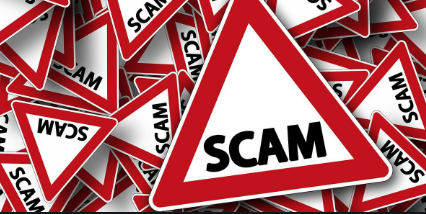
How to be aware of Coronavirus Scams
Take precautions! There are several COVID-19 themed scams occurring throughout the US. These include:
Text messages that appear to come from the Social Security Office. The texts warn about a Social Security number problem and ask the recipient to call a number back to resolve the problem and avoid legal action. Please know that Social Security will NEVER send a text asking for a return call to an unknown number. The Social Security office will also NEVER threaten you with arrest or other legal action unless you immediately pay a fine or fee, promise a benefit increase or other assistance in exchange for payment, require payment by retail gift card, wire transfer, internet currency or by mailing cash, nor will they send official letters or reports containing your personal information via email.
Phone calls that claim that your dose of coronavirus vaccine is ready and to send a payment. Please know that there are no home test kits, no vaccines, drugs or home remedies that you can do to prevent the coronavirus.
Individuals who ask you for your social security number or Medicare number for your free home test kit. Again, there are no home test kits, no vaccines, drugs or home remedies that you can do to prevent the coronavirus.
Phishing emails designed to look like they’re from the US CDC. The email might falsely claim to link to a list of coronavirus cases in your area.
Health advice emails that offer medical advice to help protect you against the virus. The emails might claim to be from medical experts in China, where the coronavirus outbreak began.
How do I avoid scammers and fake ads?
Scammers have posted ads that claim to offer treatment or cures for the coronavirus. The ads often try to create a sense of urgency — for instance, “Buy now, limited supply.”
At least two bad things could happen if you respond to the ads: You might click on an ad and download malware onto your device or you might buy the product and receive something useless, or nothing at all. Meanwhile, you may have shared personal information such as your name, address, social security number, Medicare number and/or credit card number.
Bottom line? It’s smart to avoid any ads seeking to capitalize on the coronavirus.
Tips for recognizing and avoiding phishing emails
Here are some ways to recognize and avoid coronavirus-themed phishing emails.
Like other types of phishing emails, the email messages usually try to lure you into clicking on a link or providing personal information that can be used to commit fraud or identity theft. Here’s some tips to avoid getting tricked.
Beware of online requests for personal information. A coronavirus-themed email that seeks personal information like your Social Security number, Medicare number or login information is a scam. Legitimate government agencies won’t ask for that information. Never respond to the email or phone call with your personal data.
Check the email address or link. You can inspect a link by hovering your mouse button over the URL to see where it leads. Sometimes, it’s obvious the web address is not legitimate. But keep in mind phishers can create links that closely resemble legitimate addresses. Delete the email.
Watch for spelling and grammatical mistakes. If an email includes spelling, punctuation, and grammar errors, it’s likely a sign you’ve received a phishing email. Delete it.
Look for generic greetings. Phishing emails are unlikely to use your name. Greetings like “Dear sir or madam” signal an email is not legitimate.
Avoid emails that insist you act now. Phishing emails often try to create a sense of urgency or demand immediate action. The goal is to get you to click on a link and provide personal information — right now. Instead, delete the message.
Where can I find legitimate information about the coronavirus?
It’s smart to go directly to reliable sources for information about the coronavirus. That includes government offices and health care agencies.
Here are a few of the best places to find answers to your questions about the coronavirus.
Centers for Disease Control and Prevention. The CDC website includes the most current information about the coronavirus.
World Health Organization. WHO provides a range of information, including how to protect yourself, travel advice, and answers to common questions.
National Institutes of Health. NIH provides updated information and guidance about the coronavirus. It includes information from other government organizations.





